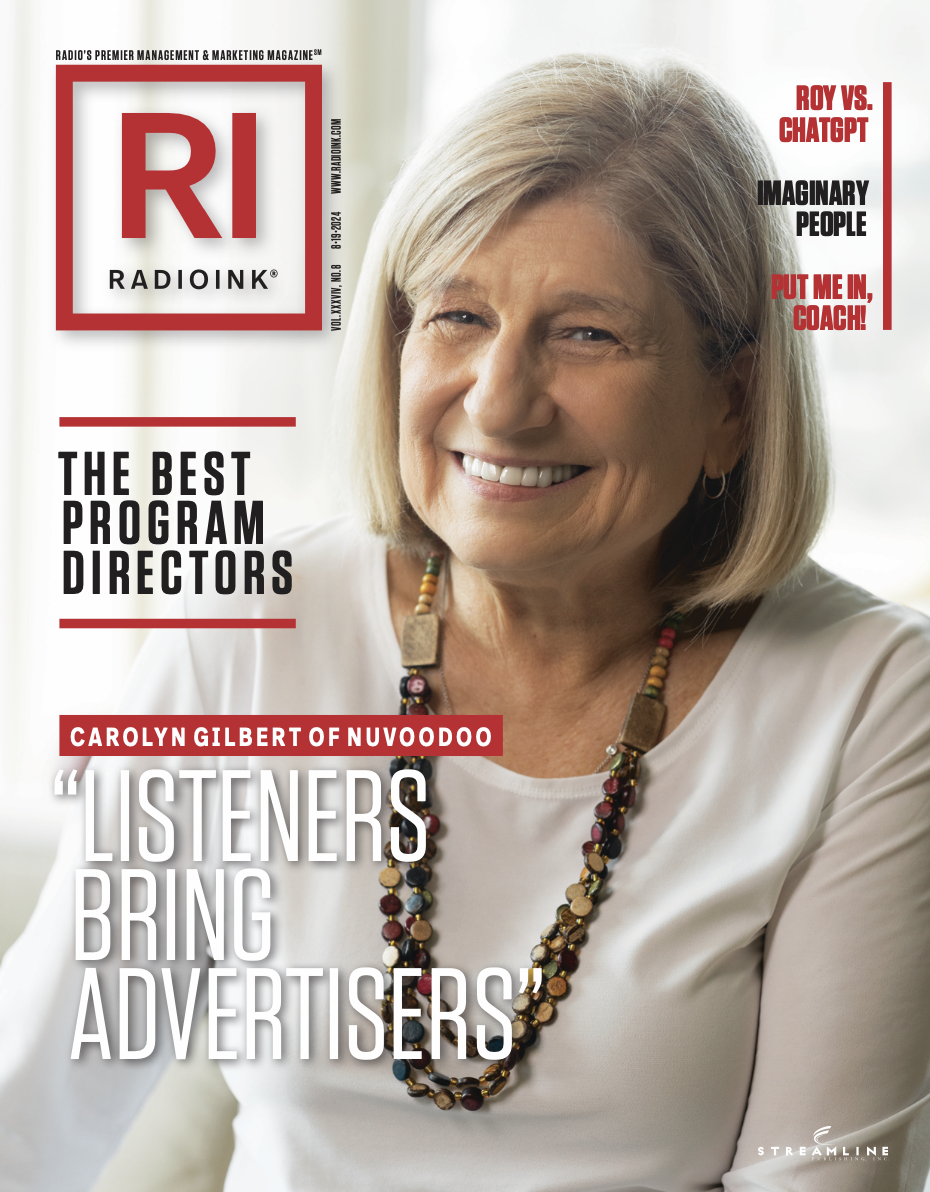
(By Loyd Ford) “With a large chunk of the world consumer spending under pressure, companies now need to be more creative about avenues to generate revenue growth.” That was Ernst & Young Chief Economist Gregory Daco in the Wall Street Journal this week.
If that is true, you probably understand that every business owner you see and every decision maker that you find yourself in front of has unique problems they must solve. Those challenges generally focus on two (2) critical problems:
Problem #1: Drawing more customers toward them.
Problem #2: Getting customers to spend more money.
Without solving these problems, their business may not survive.
No one cares what you are selling. The funny part is that when you ask a question most prospects start by telling you a story that is not the problem that frustrates them or gives them fear. That’s our job.
We should be focused on finding out the real story. The psychology working behind the scenes may keep them up at night. Once we discover that, we will know how to give them what they are really looking for.
Most salespeople think of themselves as sellers. Of course you do. It may even be your title at work. Still, it might be more effective to think of ourselves as detectives. Maybe psych detectives.
Enter The Detectives
When a detective enters a room looking for answers, will a suspect come right out with the answer they are looking for? Unlikely. Why would it be different for someone who sells radio advertising?
There are reasons that prospects want to see fewer and fewer salespeople. We talk about a few of those reasons all the time.
- They don’t want to be sold.
- They want things to be their idea.
- They want to hear something they’ve not heard before: How to solve the problem that really worries them.
Being a great seller today means you have to understand that everyone you meet wants to be heard. They want to see a show, creativity that identifies a spark of a new solution to the problem they have been aching to solve for themselves.
Surprise me.
If you’re in sales today, you are in a practice. Your practice isn’t unlike a doctor or a lawyer. Consistently practicing sharpens your ability to ask good questions, listen more than you talk, identify when a soft spot shows itself (because you’ve practiced enough to know how to recognize it), and seize the right moments with creativity so that you and your solution have a very real opportunity to be salient to a decision maker in their moment of need.
Being valuable means knowing your client. Knowing your client takes time, energy, effort, and enough prep to be able to roll rapidly when you see an opportunity that must be seized.
What are the most important parts of your job today?
- Spending enough time doing your prep before you pursue a client.
- Connecting with potential clients often enough to make a strong impression.
- Use every interaction you have to build your value as you get to know decision-makers.
- Practicing your creativity so you can show potential clients opportunities they can’t unsee.
When you’ve done these four (4) things exceedingly well, it’s difficult for potential clients to walk away from something creative that they want, especially if they believe what they are seeing can solve the problem that keeps them up at night better than anything else they’ve seen.
But don’t kid yourself. What you are selling is less important than knowing the problem. That’s because knowing the real problem opens the door and gives you the real opportunity to solve the problem.
The problem is everything.
The more you prep, the more you practice and the more you place value in front of more active prospects that can help them solve problem number one and problem number two, the more you will separate yourself from the sellers prospects don’t want to see.
We’re living in the era of creativity in sales.
It’s All About The Problem
You have a real opportunity to brand yourself as the problem-solver in your market. Advertisers don’t want to live in fear or not be able to solve their problems. That’s where you come in.
Loyd Ford is president and chief strategic officer at Rainmaker Pathway Consulting Works (RPC). They help local radio with ratings and revenue. Reach him anytime at 864.448.4169 or [email protected]. Read Loyd’s Radio Ink archives here.






